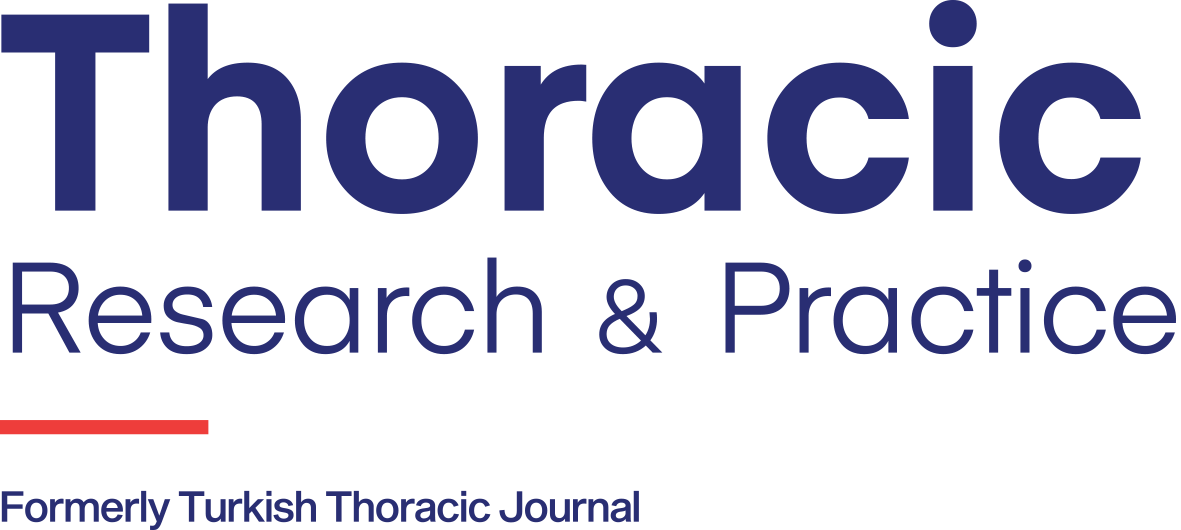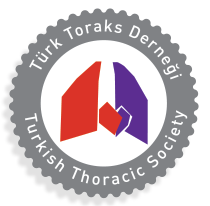DEAR EDITOR,
The study published by Batool-Anwar et al.,1 in the January 2025 issue of the Thoracic Research and Practice is intriguing. Batool-Anwar et al.,1 found that Coronavirus disease-2019 (COVID-19) infection imposed negative influences on sleep, and a significant proportion of individuals exhibited daytime sleepiness and insomnia beyond one year after recovering from the initial COVID-19 infection. Batool-Anwar et al.1 stated six impactful study limitations, and we address another one. It is common for individuals to be concerned about their disturbed sleep quality and its negative effects on daytime functioning. The tools to quantify sleep quality, like polysomnography, are not always favored by practicing clinicians and researchers in their daily work because they are time-consuming, costly, and not practical for research. Therefore, numerous self-report questionnaires have been constructed.2 Among them, the Pittsburgh Sleep Questionnaire Index (PSQI) is widely utilized in research and clinical settings. It is a 19-item questionnaire which was formulated and initially validated in adults by Buysse et al.,3 to gauge sleep quality, yielding a global score that helps in comparing scores between groups/individuals over time. It had good validity and internal reliability.4 Moreover, the scores of sleep quality, both scale and global sleep quality risk scores, were found to reliably correspond with academic performance and mental health, thus highlighting the value of good sleep for individuals.5 To facilitate PSQI implementation in different populations, various versions have been developed and validated. In the study methodology, Batool-Anwar et al.1 employed a survey, which involved questions pertaining to many points, such as the amount of sleep, daytime sleepiness, difficulties in initiating/maintaining sleep, snoring, difficulties in breathing while asleep, history of hypnagogic hallucinations/vivid dreams, and utilizing sleeping aids before and after COVID-19 diagnosis. Regrettably, it was not explicit why Batool-Anwar et al.1 referred to that survey in the study methodology, rather than the widely recommended and precise PSQI to assess sleep patterns among the study population. We believe that referring to the PSQI could yield a better insight into sleep disorders among the study participants. Irrespective of the study limitations, the significant proportion of sleep disturbance among cohort 1 is alarming. Tailored measures to enhance healthy sleep and encourage a positive quality of life are, therefore, recommended.



